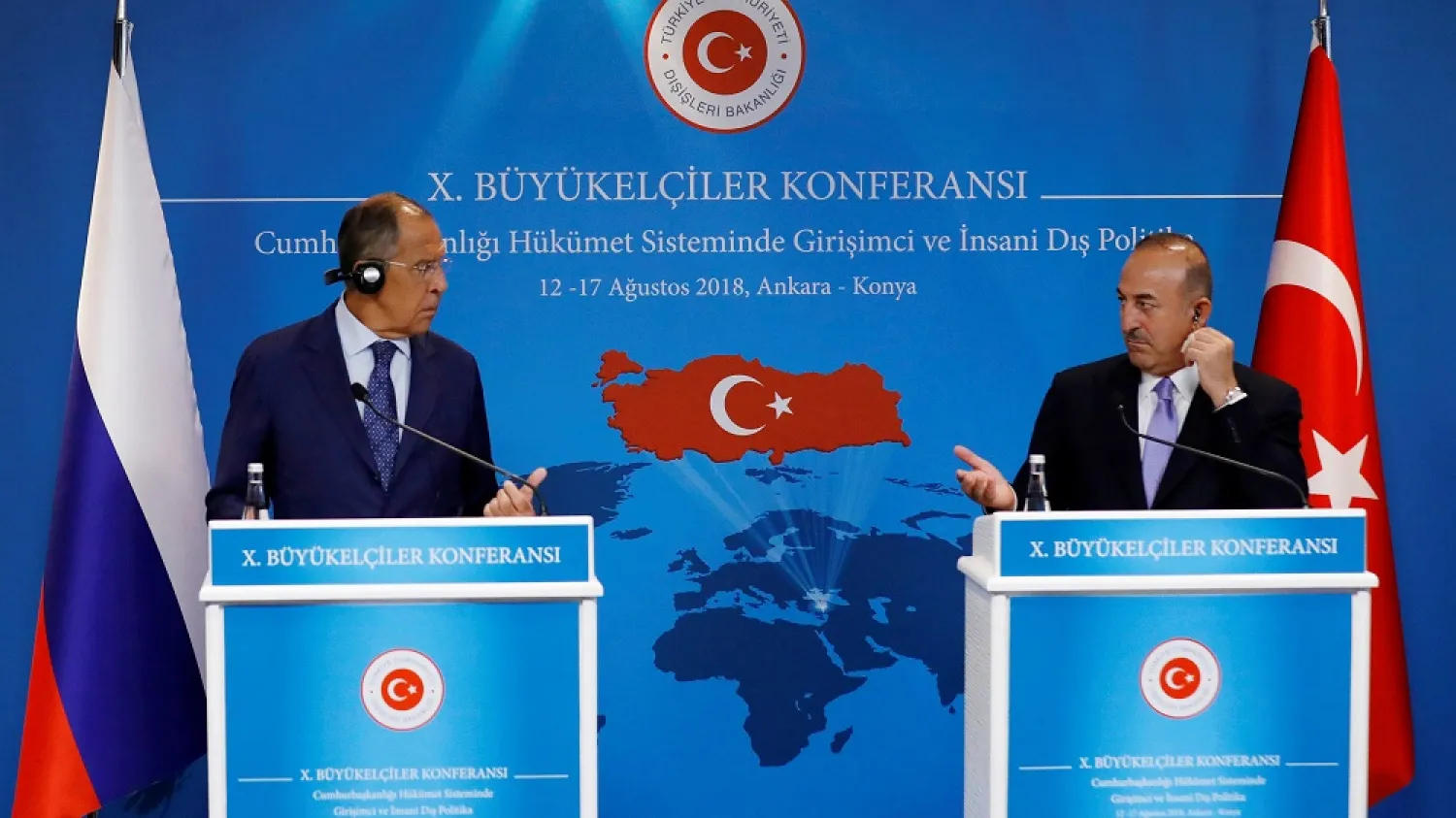Russian Foreign Minister Sergei Lavrov and Defense Minister Sergei Shoigu abruptly postponed on Sunday a visit to Istanbul aimed at discussing the Libyan conflict.
The highly anticipated meeting between the powers supporting rival parties in the conflict was apparently postponed due to “deep differences” between them, diplomatic sources told Asharq Al-Awsat.
The talks were delayed to a later date, said the Russian Foreign Ministry, adding that contacts between Moscow and Ankara will continue.
The Russian and Turkish foreign and defense ministries are exerting efforts to back a settlement in Libya, it stated.
Neither Russia nor Turkey provided a reason for the postponement, which took place in spite of intense contacts that were held in the early hours of the morning on Sunday in order to hold the meeting on time.
Turkey was hoping that the talks would also address Syria, given that Iranian Foreign Minister Mohamed Javad Zarif was set to arrive in the country at the same time as the Russian delegation.
Turkish Foreign Minister Mevlut Cavusoglu made last ditch efforts to persuade Lavrov to fly to Istanbul, but to no avail, they revealed.
Russia opposes Turkey’s military intervention in Libya, where it backs the Government of National Accord, and instead supports the Libyan National Army, commanded by Khalifa Haftar.









